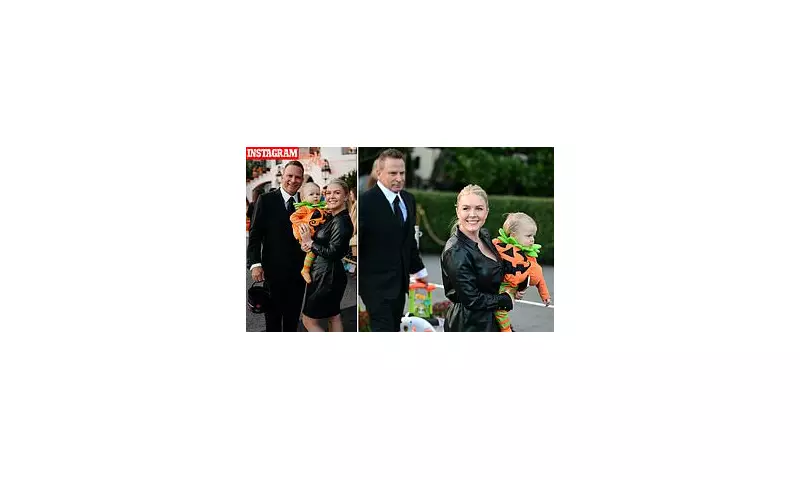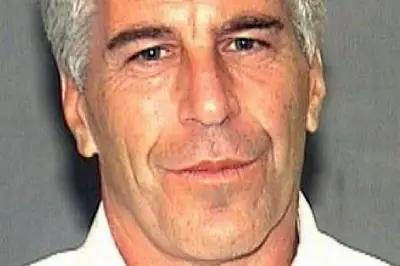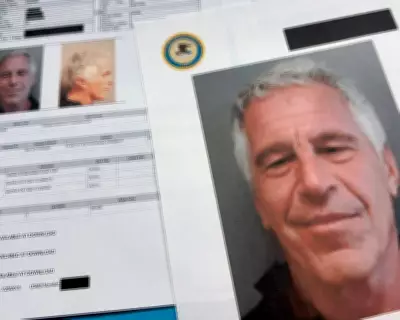
Republican congressional candidate Karoline Leavitt has found herself at the centre of an unexpected social media storm after followers accused her of digitally altering her husband's appearance in a festive Halloween photograph.
The controversy emerged when the 26-year-old political hopeful shared what appeared to be an idyllic family moment featuring herself, her husband Dan Cameron, and their dog, all dressed in coordinating Halloween costumes.
The Tell-tale Signs
Sharp-eyed social media users quickly noted several irregularities in the image that suggested digital manipulation. Most notably, observers pointed to what appeared to be an unnaturally smooth and blurred appearance around Mr Cameron's facial features, particularly his jawline and neck area.
Additional scrutiny revealed potential editing around the couple's hands and other areas where the image quality seemed inconsistent with the rest of the photograph.
Social Media Backlash
The photograph quickly became a talking point across various platforms, with users expressing both amusement and criticism. "Did you airbrush your husband?" became a recurring question in the comments section beneath the original post.
Some commentators suggested the alleged editing created an unrealistic standard of male appearance, while others questioned the authenticity of presenting a seemingly perfect family moment that might have been digitally enhanced.
Political Implications
As a candidate running for New Hampshire's 1st Congressional District, the incident raises questions about image management and authenticity in modern political campaigning. The timing is particularly sensitive given the proximity to election day.
Political analysts note that while personal social media accounts offer candidates opportunities to connect with voters, they also present risks when content appears staged or artificially enhanced.
The Leavitt campaign has not yet issued an official statement addressing the photo editing allegations. However, the incident serves as a reminder of the intense scrutiny facing political figures in the digital age, where every shared image can become subject to public examination.





